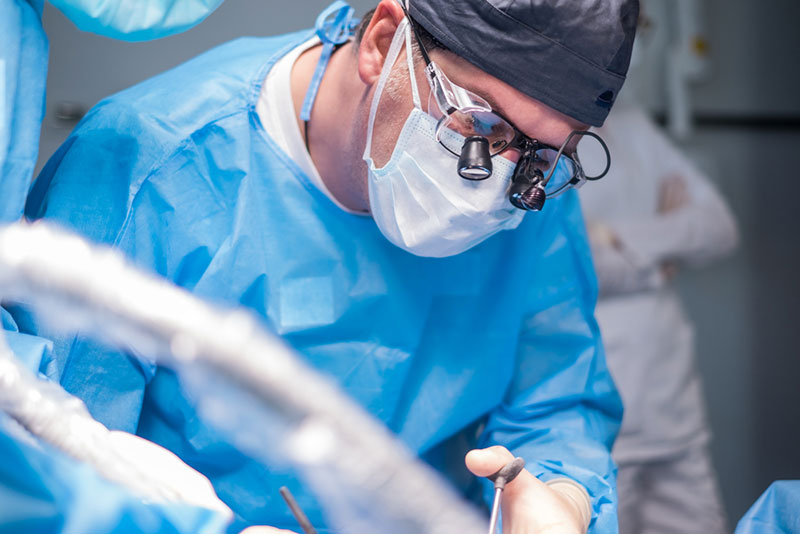I got an affordable dental implant and it’s crooked. This implant wasn’t cheap but it was more affordable than implants from most of the other dentists I contacted. I didn’t go with the cheapest one because I was afraid that it wouldn’t really be any good. So the surgery was done in February but the implant is crooked. I didn’t notice myself that the implant is crooked but I started feeling pain in the tooth in front of it. It was more like a toothache. I went to my dentist and he did an x-ray. He said it looks like his partner put the implant in at a slight tilt. I’m not sure why my dentist didn’t notice it because he put the crown on himself. Anyway I’m still having pain. So far, nothing has been done yet. My dentist says he needs to talk with his partner. I’m not sure what a discussion would be about. If the thing is tilted and the tooth in front of it hurts, the only thing that makes sense to me is that it needs to be taken out and put in the right space. It’s not an affordable dental implant anymore because it has cost me a lot of time and money taking off work and going back and forth to the dentist, and it’s not even fixed yet. Shouldn’t it be redone? Thanks Reilly
Reilly – You’re right. Your affordable dental implant needs to be removed and replaced. Insufficient training in implantology can result in improper placement.
You should choose your implant surgeon carefully. There is a multi-step process for a successful outcome.
Three-dimensional x-rays – The diagnostic studies will help to determine if the issue was a misjudgment of where the implant should be placed or if there is inadequate jawbone density to support the implant. Lack of jawbone density will cause the implant to shift.
Surgical removal of the implant – Your implant needs to be carefully removed to prevent nerve damage or damage to nearby teeth.
Implant replacement – The extraction site will need to heal. You might require bone grafting to support the implant. If you need bone grafting, it will need to heal and bond to your natural bone before the replacing the implant fixture. Your new dental implant will need to be placed with precision.
We suggest that you schedule a consultation with board-certified prosthodontist. Prosthodontists are specialists in tooth restoration and replacement. You can receive an accurate diagnosis and learn about your treatment options. Affordable dental implants don’t have to be problematic. But you must carefully choose the right provider.
This post is sponsored by Naperville implant dentist Dr. Anthony LaVacca.



































